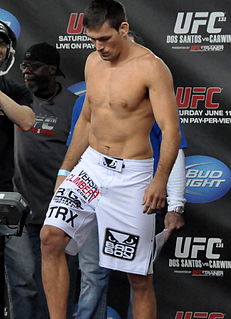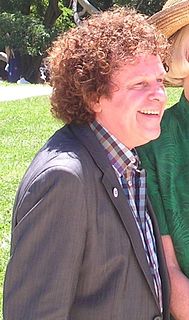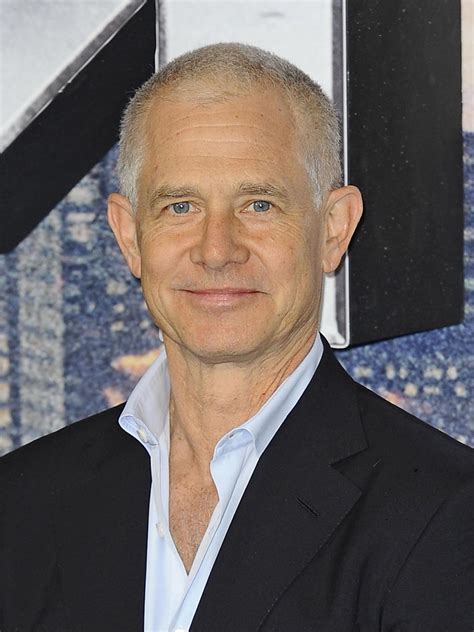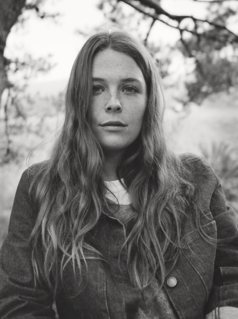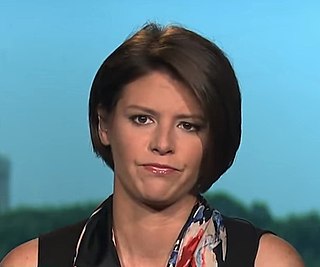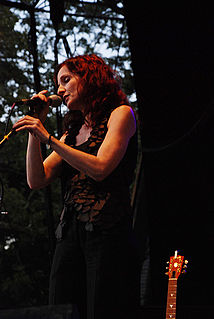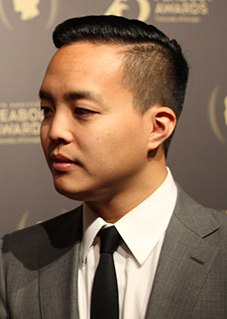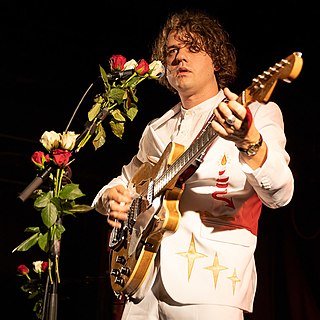A Quote by Dean Baquet
The fact that Edward Snowden didn't approach the New York Times hurt a lot. It meant two things. Morally, it meant that somebody with a big story to tell didn't think we were the place to go, and that's painful. And then it also meant that we got beaten on what was arguably the biggest national security story in many, many years. Not only beaten by the Guardian, because he went to the Guardian, but beaten by the Post, because he went to a writer from the Post. We tried to catch up and did some really good stories that I feel good about. But it was really, really, really painful.
Quote Topics
About
Also
Approach
Arguably
Beaten
Because
Big
Biggest
Catch
Did
Edward
Fact
Feel
Feel Good
Go
Good
Got
Guardian
Hurt
I Feel Good
Lot
Many
Meant
Morally
National
National Security
New
New York
New York Times
Only
Painful
Place
Post
Really
Security
Snowden
Some
Somebody
Stories
Story
Tell
Then
Things
Think
Times
Tried
Two
Two Things
Up
Were
Writer
Years
York
Related Quotes
MMA is pretty tough on your mind because it's a sport that's not just about winning. You really want to win bad, but it's tough when you lose. You get beaten. And it really messes with your ego, because nobody wants to get beaten by other people physically. It's not just a game. You get beaten physically.
I think the key for us is really letting the stories we feel are best told to kind of dictate where we go. When we find a story we really believe is one that should be told, how do we best tell it and you know what do we need to tell that story most effectively? I think to the good, the universe is such that there are a lot of options, there a lot of opportunities. So that's kind of what's guiding us.
I think I’ve always believed that there is one person in the universe who you’re truly meant for–for whom you are truly meant–and the fact that sometimes there are two or even more people on the earth you can fall in love with really bothers me. It suggests that if you work hard you can be meant for anyone.
What's neat about TV is you get really rich, an opportunity to tell really rich stories over the course of 20 hours. Film is cool because it's an hour and a half to two hours. You go on an adventure and by the end it's all cleaned up. Maybe in a franchise you have three chapters of a great story but in TV you can really get deep. You have more time to tell stories so I would definitely not rule out doing television in the future because I think it's a great medium for telling stories.
Part of success is having a good story, and as a journalist, I totally understand. But it meant that my many, many years of focus and hard work got kind of prepackaged into a Cinderella story. I'm super grateful that it happened, but it left me feeling like I never got to be a full human in the experience.
I'm going to be doing solo stuff. The idea is to do 'small' and 'off my beaten path,' or go back to an old, beaten path - do some smaller things that I haven't done in 15 or 20 years. Just to sort of get my feet wet, because I haven't done my own material for a couple of years - I've been doing a lot of other things.
I grew up in the Midwest and never really felt at home there, and when I got to New York, I was really fearless. I feel like I really fell in love with the the place. But then, it's a place where your world is really big at first and then becomes really small. I found myself hardly leaving my neighborhood, like I made it into a small town.
First time I got arrested, I knew somehow and some way, we would succeed. To go on the Freedom Ride to be beaten and left bloody and unconscious, to be beaten on that bridge in Selma, have a concussion - I thought that I was going to die on that bridge. But somehow and some way, I lived to tell about what happened, and I've seen some of the fruits of the labor of so many people, and people must understand that.
I chose the American ones, more or less the last five years of the silent era, because those are the ones that aged the best in the way they tell the story. One, it's about human beings with context. It's a very classical story with feelings, with laughter, melodrama and it really works, the good ones - Murnau's American movies, John Ford's Four Sons, King Vidor's The Crowd, or the (Josef) von Sternberg movies. You can watch it now and it still works. I mean they are really, really good pieces so this is where I tried to work.

